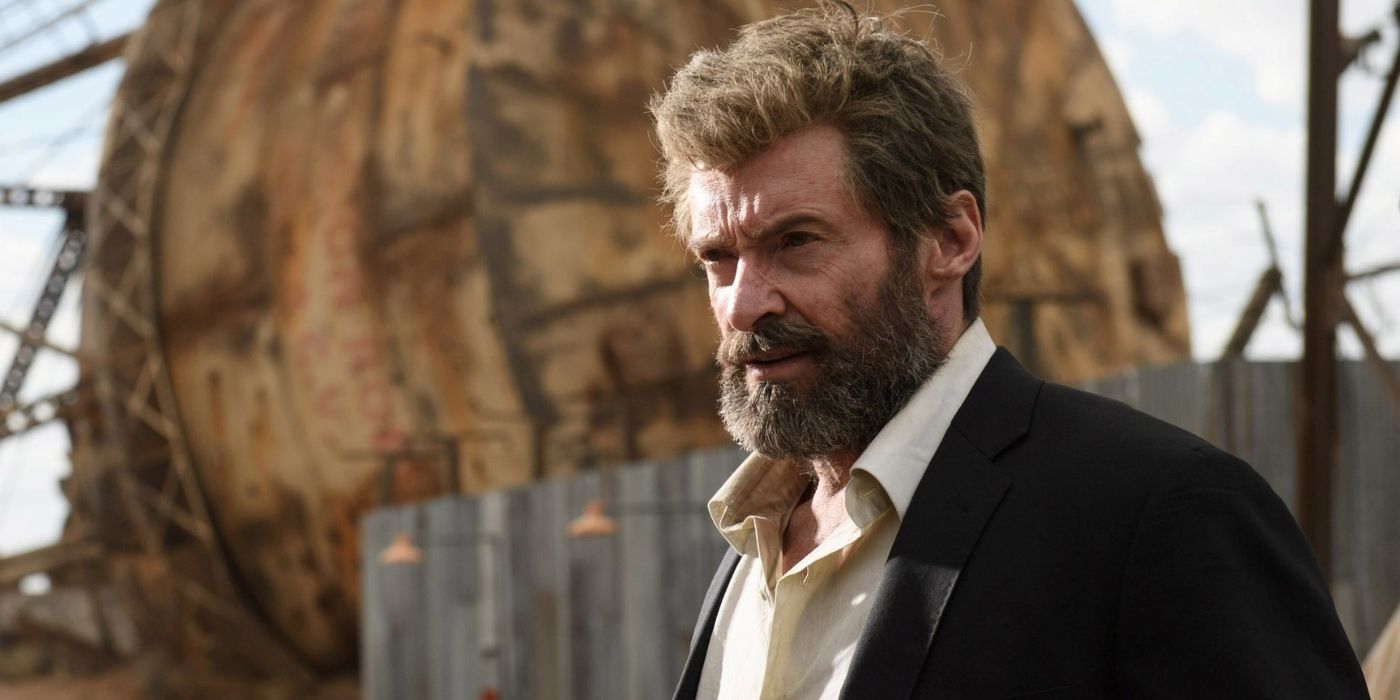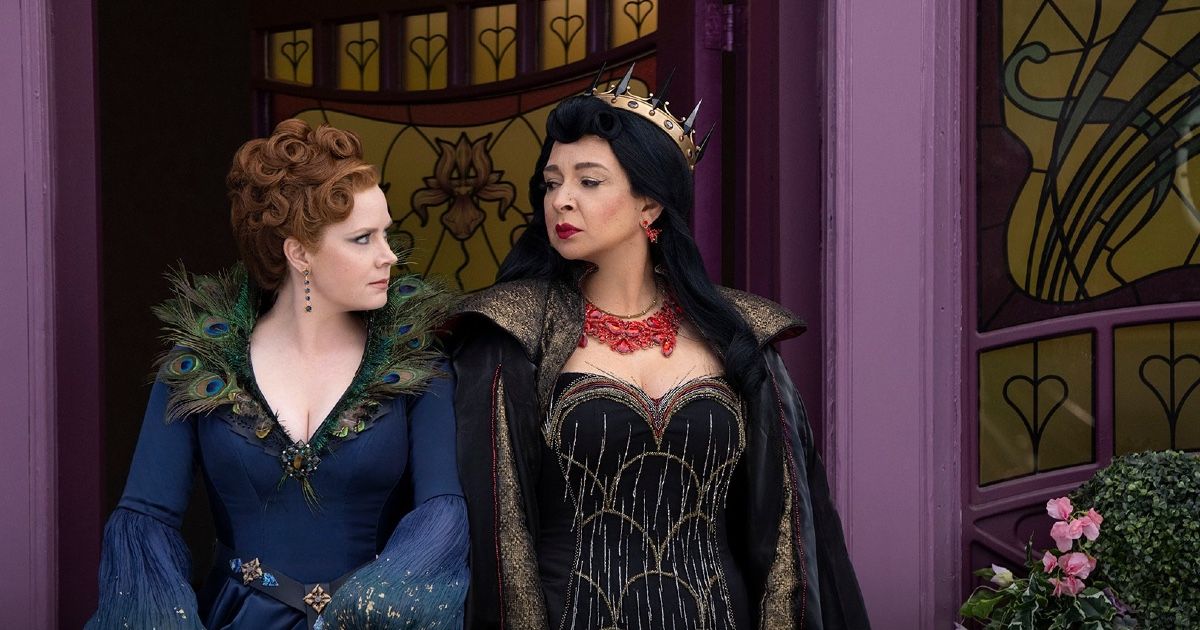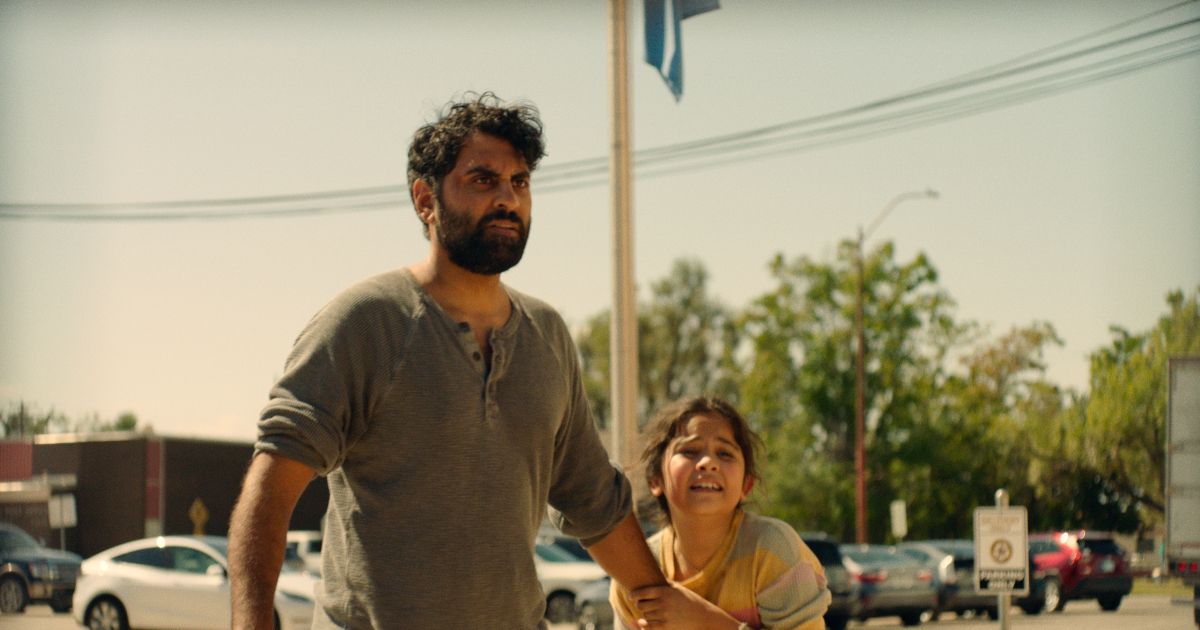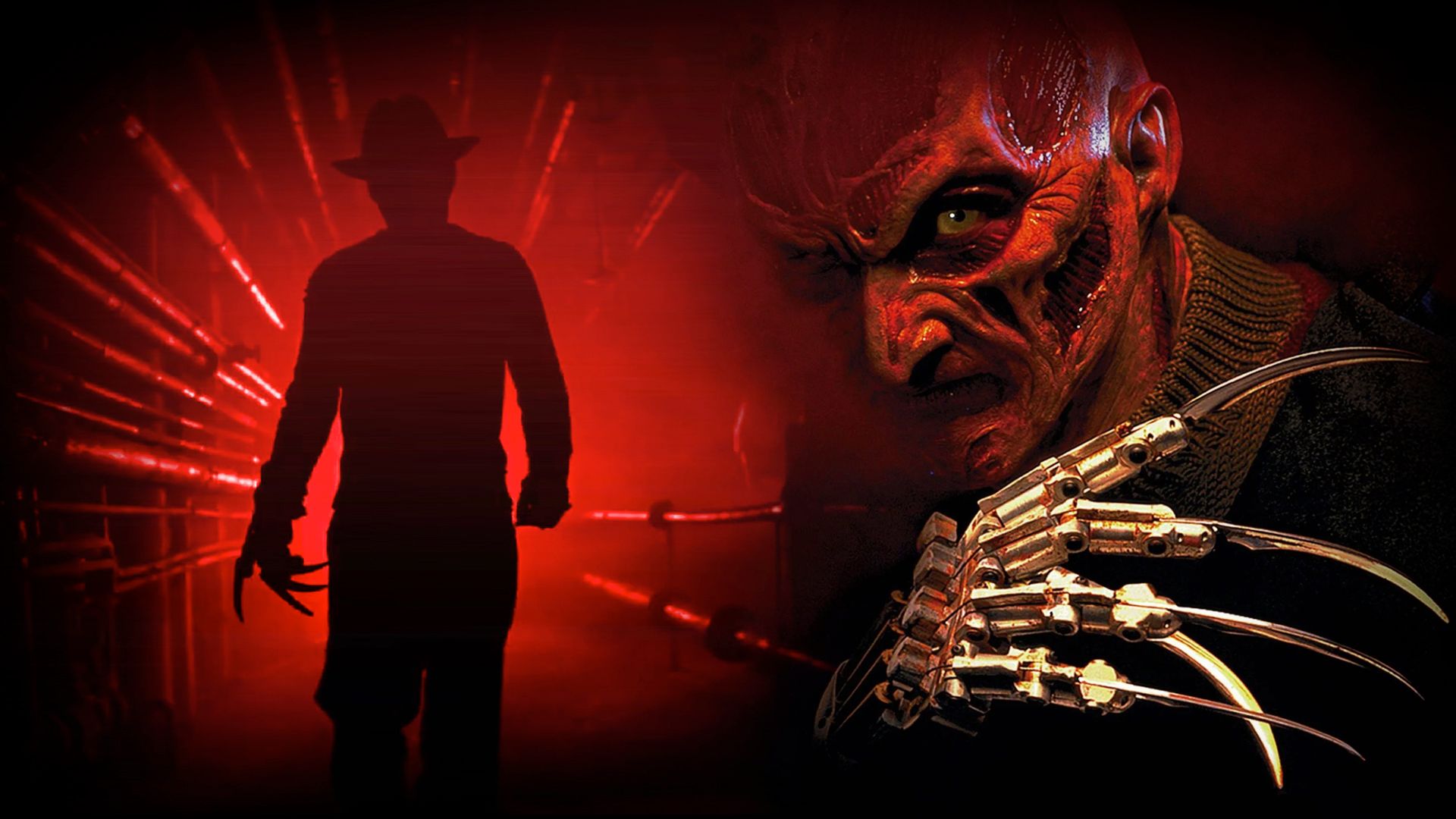Co-written by director Deer and Meredith Vuchnich, the life of Beans is shown at a pivotal, tense time in Canadian history, of a 1990 clash between the Mohawk people and the town of Oka, in Quebec, Canada; protests were enflamed by plans to put a golf course and townhouses on Mohawk property, including of a burial ground. A peaceful protest lead to barricades being constructed by members of the Mohawk tribe and the Canadian army, with everyone pointing rifles at each other. Racist Canadians showed their outrage by yelling, throwing rocks, and spitting on Mohawk people. The standoff lasted 78 days.
This context is painted in “Beans” with news footage inserts, and with brief moments that depict Beans and her family witnessing the scary tension firsthand. In one earlier scene, Bean goes to the barricades with her sister and mother to offer support, to be present, only for a type of potentially deadly barking contest to begin between armed men on both sides. A group of women (including Beans’ pregnant mother, Lily [Rainbow Dickerson]) help defuse the situation by standing with linked arms in between the barricades. It’s a noble, sincere, cheesy moment. But like numerous beats in the film, it also sells the possible full impact short by being so emotionally didactic.
“Beans” is also sincere about its many other screenwriting pieces, even if they struggle to let the film have enough room for bits that don’t seem like elements of a familiar formula. The coming-of-age narrative angle especially brings this to light, like how Beans goes through certain initiations. She plays with different hairstyles; she discovers the power of the word “f**k” while staring at herself in the mirror, trying to freak herself out; she wears clothes that get her in trouble with her parents, but make her more attractive to boys; she later learns how terrible said boys are, especially when they get her alone.
You can view the original article HERE.





























